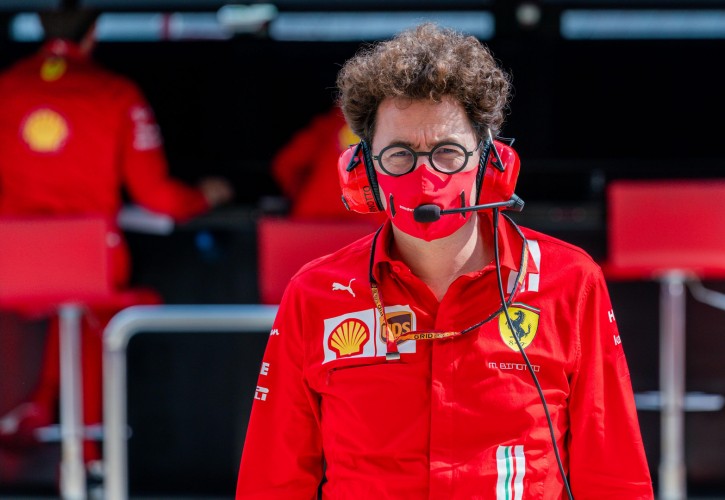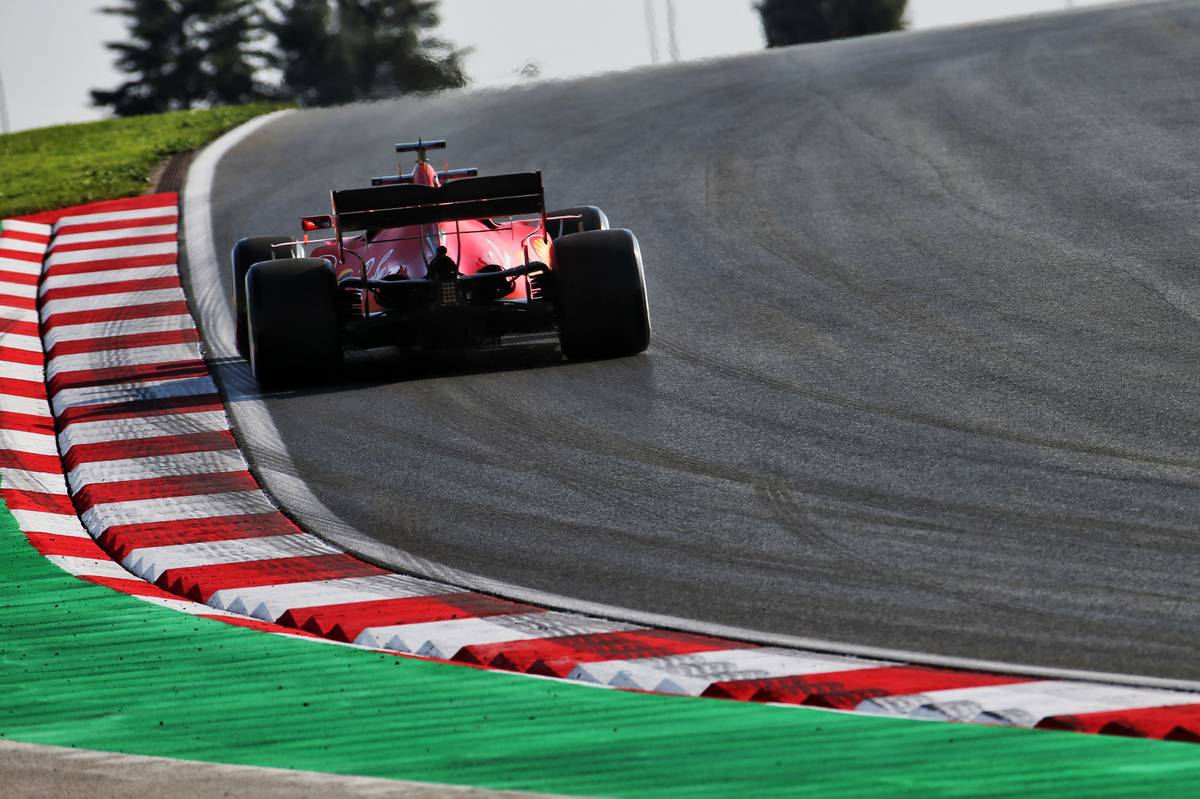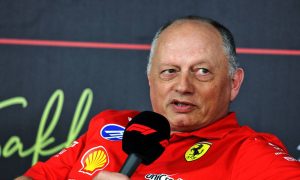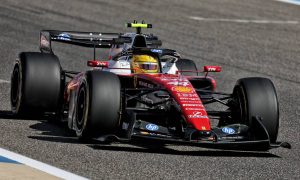
After ruling out a support for an engine freeze from 2022, Ferrari has changed its stance and is now open to putting a hold on power unit development.
Following the announcement of Honda's exit from F1 at the end of 2021, Red Bull is scrambling to secure an engine deal for both its teams by the end of the year.
The energy drink company - in its bid to avoid a costly spending war - would be willing to take over the engine program of its current partner, but only under the condition that a development freeze is imposed on manufacturers from 2022 until the end of the current power unit regulation cycle in 2025.
While Mercedes accepted the proposal, both Ferrari and Renault voiced their opposition to such a plan. But following talks with F1, the FIA and its fellow manufacturers, Ferrari has agreed to a freeze as it would entail the introduction of F1's future new engine in 2025 or a year earlier that originally scheduled.
"I think what we said is there are already regulations in place where somehow Red Bull has got a solution, they may be supplied by other manufacturers, that's no doubt," Scuderia boss Mattia Binotto explained on Friday
"We understand as well their intention to keep using their Honda engine for the future. We had meetings in the last days with F1 and the FIA. I think as Ferrari, we understand the situation.

"We are supportive in trying to anticipate by one season, one year, the freezing of the engines, because that would mean as well trying to anticipate to 2025 the new regulations for the power units.
"Knowing the situation and understanding the situation, it's not the first time that Ferrari is acting in a responsible way in that respect.
"So we will support freezing, by anticipating by one year the engines, the power unit."
A freeze on development would therefore come into force at the start of 2022 and last for three seasons. But Binotto underscored the need for engine convergence to take place during the run-up to 2022.
"Talks are ongoing moment with the FIA, with F1, if we should consider a mechanism of engine convergence, if there is any situation where eventually a manufacturer is really down on performance compared to the others," explained the Swiss engineer.
"Because then it's freezing for three years the relative performance between manufacturers. I think those details will be important."
Binotto said that clarity on F1's future engine platform would be required by mid-2021. Mercedes has already stated that the focus should be on cost and sustainability, both of which Binotto referenced.
"To have a brand new format of power unit in 2025, we will need by the middle of next year clarity on the regulations," Binotto said.
"I think it will be quite a different power unit to today, because I think there are, at least from the Ferrari point of view, important objectives that need to be set, as for example quite a different cost.
"It has to be more sustainable in terms of a cost point of view. I think the power unit should cost 50% what we are affording today.
"In order to achieve that, I think in order to decide what will be the technical format, it is somehow very difficult exercise.
"I think as well from the sustainability, so carbon footprint point of view, we have to set our objective which ahas to be very ambitious.
"We need to be very proactive but also collaborative between manufacturers, F1 and the FIA in order to progress very soon on the regulations. That will define the future of F1 from 2025 to 2030."
Gallery: The beautiful wives and girlfriends of F1 drivers
Keep up to date with all the F1 news via Facebook and Twitter






